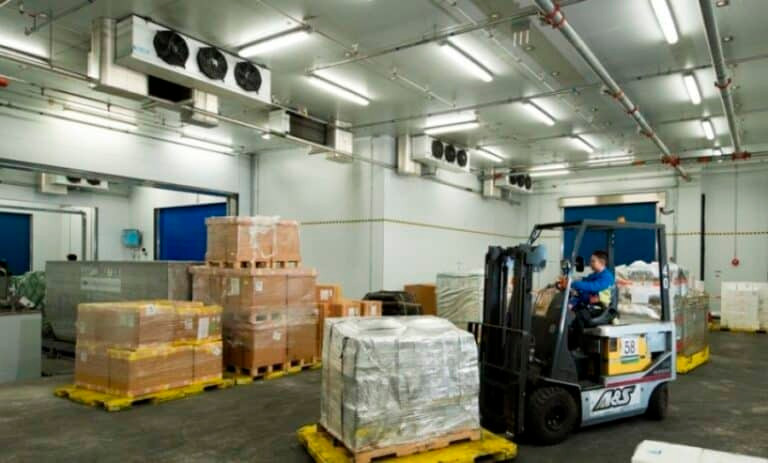The Trans Pacific Partnership (TPP) has been signed by ministers from its 12 member nations in New Zealand.
The multinational trade deal was penned at a ceremony in Auckland and brings the trade pact, which has been five years in the making, another step towards it being ratified. Nations now have two years to ratify or reject the pact.
Pacific Rim countries in the TPP include the US, Japan, Malaysia, Vietnam, Singapore, Brunei, Australia, New Zealand, Canada, Mexico, Chile and Peru.
UPS says it is vital to the US economy, supporting global growth and job creation: “TPP will set the rules of global trade in the 21st century and presents economic growth opportunities for our business and our customers,” says chief executive officer David Abney.
“TPP is a historic agreement that represents real market opportunities for American companies, workers, and consumers. TPP will help UPS customers across multiple sectors by bringing down tariffs, accelerating the release of goods through customs, and particularly support the participation of small businesses in regional and global supply chains,” Abney continues.
The Airforwarders Association (AfA), and Boeing also gave their seal of approval to the TPP agreement, when it was agreed in October last year after years of negotiations and missed deadlines.
The regional free-trade agreement will cover approximately 40 per cent of the global marketplace.
The agreement includes a series of member agreements to lower tariffs, modernise their customs border clearance and ensure a level playing field for competition.
Australia’s minister for trade Andrew Robb was the first to sign the pact and New Zealand trade minister Todd McClay, added the last signature.
However, the TPP continues to face opposition, notable in the US, who fear it could mean jobs will move from the US to developing countries. Many also feel it is more about big business.
US President Barack Obama says the agreement was a new type of trade deal “that puts American workers first”. He adds: “Partnership would give the United States an advantage over other leading economies, namely China. TPP allows America – and not countries like China – to write the rules of the road in the 21st Century, which is especially important in a region as dynamic as the Asia-Pacific.”



